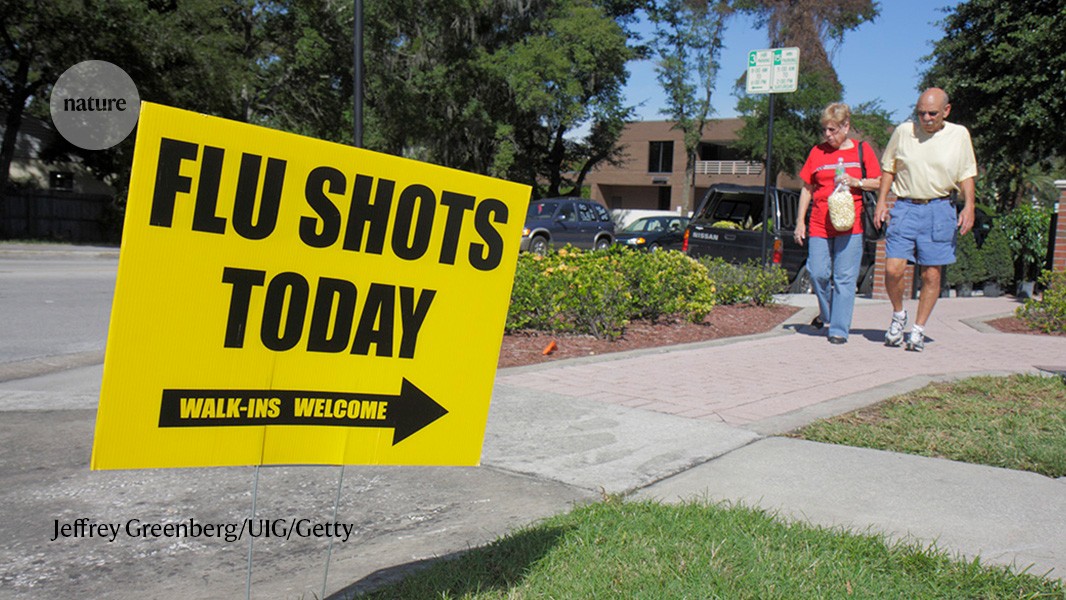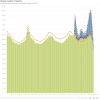I don't think it was a bio weapon. I think they were actually doing true health research. But sloppy protocols allowed 'it' to escape the lab. They were using mice that had lungs altered to be more like humans. I could see a mouse or two getting out of the facility, or even the disposing of dead subjects being done incorrectly, spreading to other species, like the first report of the guy eating an infected bat, starting it off.Assume for a moment it was an accidental release from bio weapon research. Why did it have next to no affect, or at least relatively little affect, on 2/3 of the worlds population?
The other possibility could be that some deranged psycho released it on purpose. Ever see the movie 12 Monkeys?










